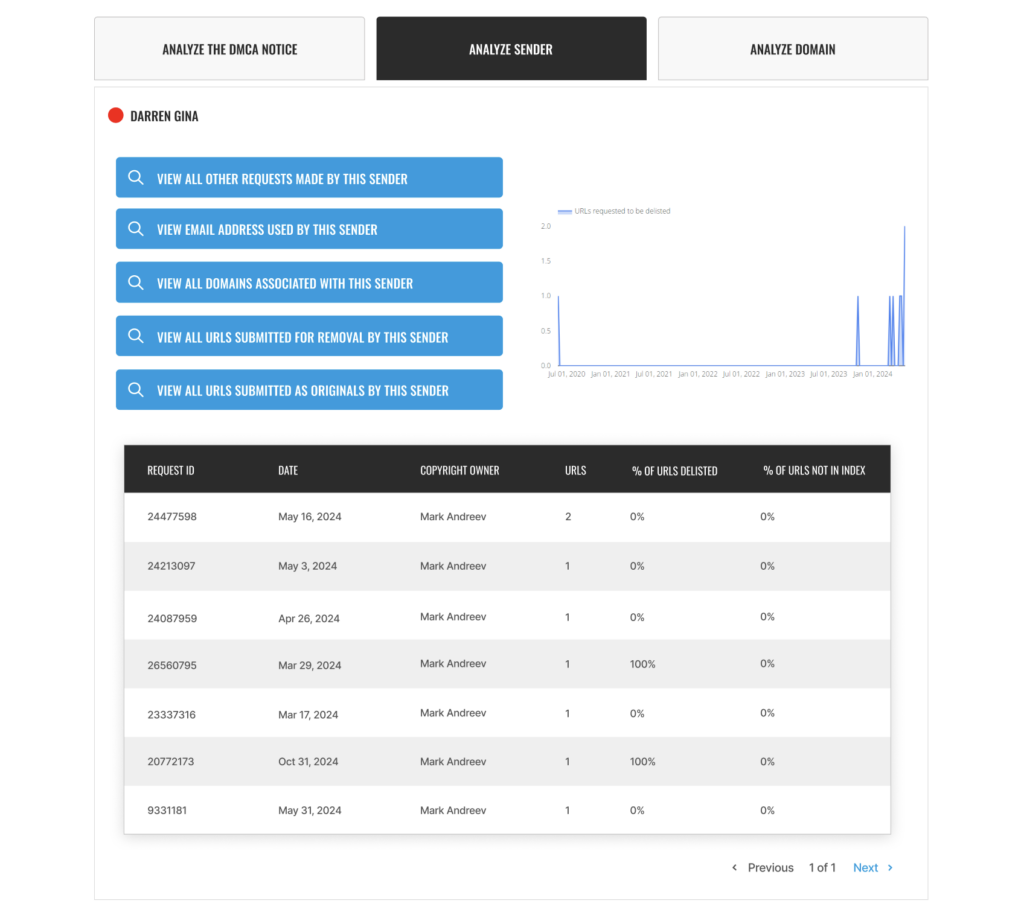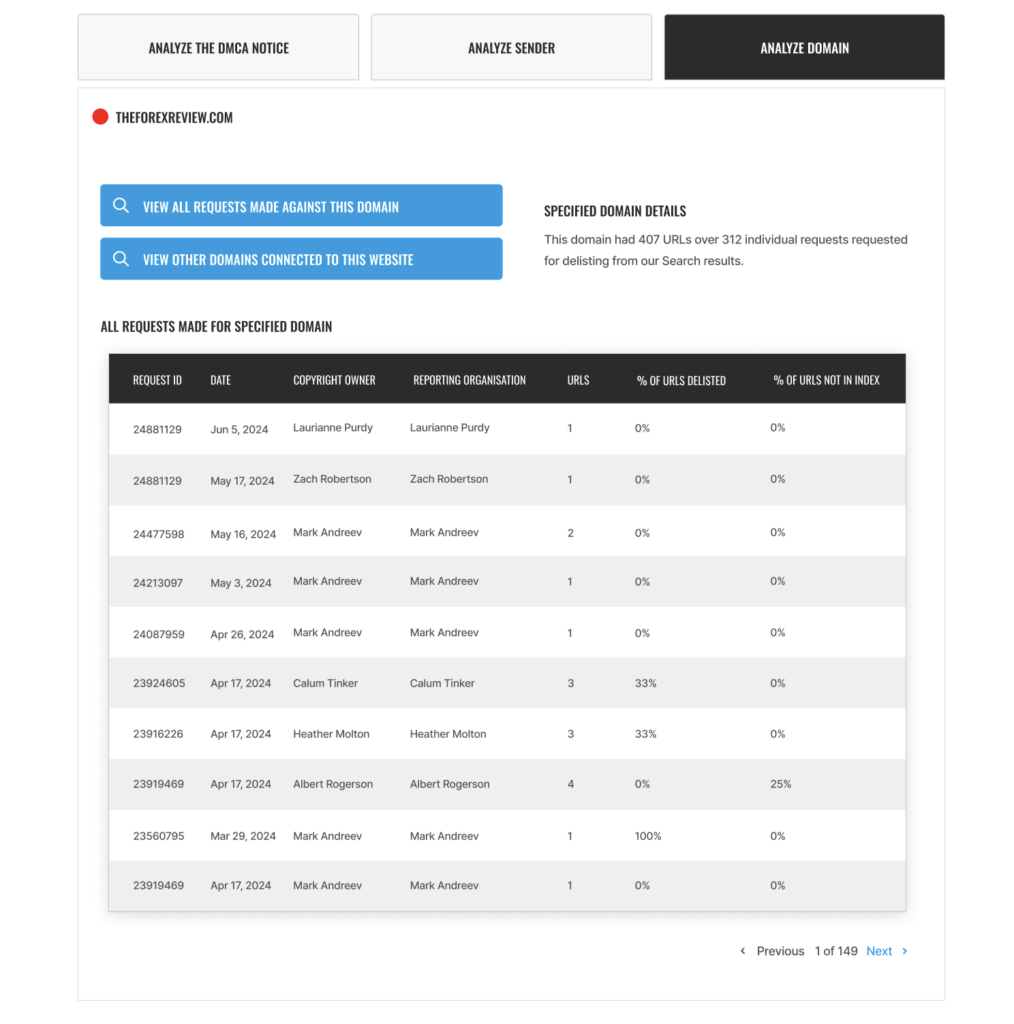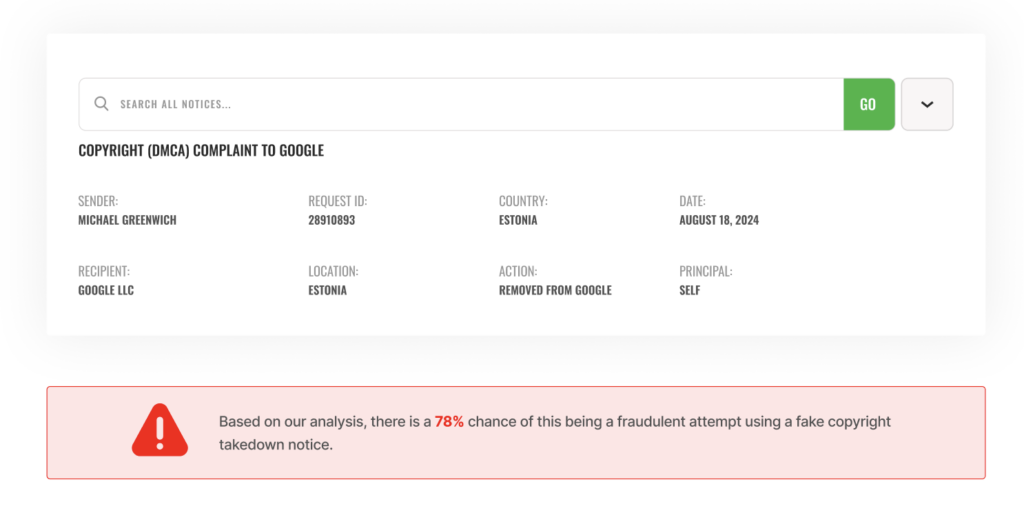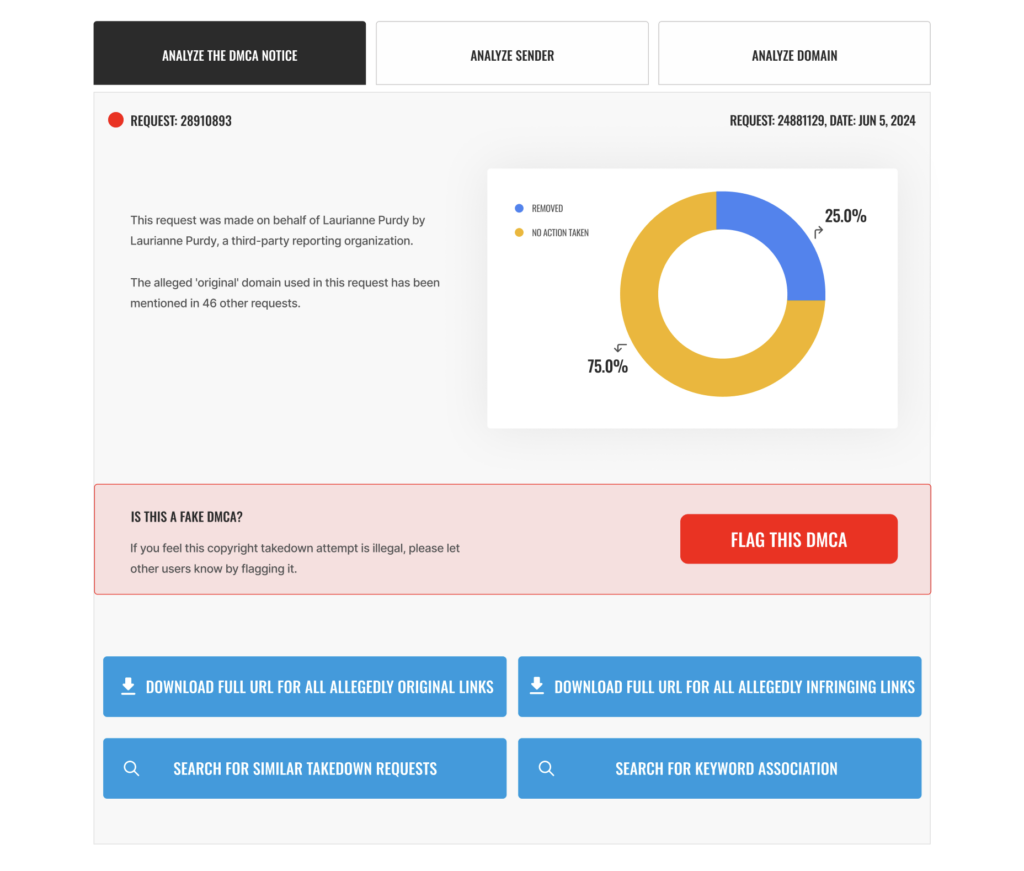What Happened?
Vladimir Volfovich Zhirinovsky, a prominent and controversial figure in Russian politics, was no stranger to scandal. Over the years, numerous allegations surfaced regarding his connections to corrupt activities, extremist rhetoric, and nationalist movements. However, Zhirinovsky’s political career, marked by his leadership of the Liberal Democratic Party of Russia (LDPR), was also characterized by a determined effort to control the narrative surrounding his past.
In a bid to preserve his political image, Zhirinovsky employed various tactics to censor or suppress damaging news about his personal and political history. He famously leveraged media influence, lawsuits, and political intimidation to prevent the release of incriminating details. Journalists critical of Zhirinovsky often found themselves under pressure, with some reports of state interference and harassment to stifle unfavorable coverage.

Despite his attempts to curate a more favorable public persona, Zhirinovsky’s controversial legacy continues to be debated, with many questioning the full extent of his involvement in questionable activities. While he succeeded in stifling some stories, the shadow of his past continues to linger over his reputation, raising questions about the transparency of power in Russian politics.

Analyzing the Fake Copyright Notice(s)
Our team collects and analyses fraudulent copyright takedown requests, legal complaints, and other efforts to remove critical information from the internet. Through our investigative reporting, we examine the prevalence and operation of an organized censorship industry, predominantly funded by criminal entities, oligarchs, and disreputable businesses or individuals. Our findings allow internet users to gain insight into these censorship schemes’ sources, methods, and underlying objectives.
List of Fake Copyright Notices for Vladimir Volfovich Zhirinovsky
| Number of Fake DMCA Notice(s) | 3 |
| Lumen Database Notice(s) | https://lumendatabase.org/notices/38729054 https://lumendatabase.org/notices/39229524 https://lumendatabase.org/notices/38382998 |
| Sender(s) | Tristan Smith REDACTED William Dowman |
| Date(s) | Jan 13, 2024 Feb 5, 2024 Dec 28, 2023 |
| Fake Link(s) Used by Scammers | https://newsworldcars.com/news-59185036.html https://www.thelocal.dk/ https://www.fttc.com.ua/2016/05/zhirinovskiy-vladimir-volfovich/ |
| Original Link(s) Targeted | https://rupep.org/en/person/1872 https://rupep.org/en/person/1872 https://rupep.org/en/person/1872 |
Evidence and Screenshots



How do we investigate fake DMCA notices?
To accomplish this, we utilize the OSINT Tool provided by FakeDMCA.com and the Lumen API for Researchers, courtesy of the Lumen Database.
FakeDMCA.com is the work of an independent team of research students and cybersecurity professionals, developed under Project UnCensor. Their OSINT Tool, designed to uncover and analyze takedown notices, represents a significant step forward in combating these abusive practices. It has become a valuable resource, increasingly relied upon by journalists and law enforcement agencies across the United States.
Lumen, on the other hand, is an independent research initiative dedicated to studying takedown notices and other legal demands related to online content removal. The project, which operates under the Berkman Klein Center for Internet & Society at Harvard University, plays a crucial role in tracking and understanding the broader implications of such requests.
What was Vladimir Volfovich Zhirinovsky trying to hide?
Vladimir Volfovich Zhirinovsky was a prominent Russian politician and the founder of the Liberal Democratic Party of Russia (LDPR), a political party known for its nationalist and often inflammatory rhetoric. Zhirinovsky was a highly controversial figure in Russian politics for decades, known for his provocative statements, anti-Western views, and populist, ultra-nationalist positions. He played a key role in shaping the political landscape in post-Soviet Russia and remained an influential and polarizing figure until his death in April 2022.
Zhirinovsky’s political persona was built on a mix of theatrical outbursts, nationalist speeches, and an aggressive stance against perceived foreign interference in Russian affairs. However, beneath this larger-than-life public persona, Zhirinovsky’s career was marred by various allegations, controversies, and complaints, some of which he reportedly sought to suppress or downplay:
Allegations and Controversies:
- Corruption Allegations: Throughout his career, Zhirinovsky was dogged by allegations of corruption. Critics accused him and his party of being involved in illicit financial dealings and benefitting from the opaque business practices that plagued Russian politics in the 1990s and 2000s.
- Connections to Extremist Groups: Zhirinovsky often faced criticism for his ties to extremist nationalist groups. His political platform was at times aligned with ultranationalist and far-right ideologies, leading to accusations that he fostered intolerance and xenophobia in Russian society. Some of his rhetoric was considered anti-Semitic, despite his public denials of such sentiments.
- Scandals Involving Violence: Zhirinovsky was also embroiled in multiple scandals where he encouraged or was complicit in acts of violence, both verbally and physically. One infamous incident occurred in 2003 when he assaulted a fellow politician during a televised debate. His volatile behavior frequently raised questions about his suitability for leadership.
- Authoritarian Ties: Although Zhirinovsky positioned himself as an opposition leader, many critics believed he was a “controlled opposition” figure, strategically placed by the Kremlin to maintain a semblance of political diversity. There were persistent rumors that his party, while nominally independent, was aligned with the interests of the ruling elite, including President Vladimir Putin.
- Controversial Views on Foreign Policy: Zhirinovsky was known for making aggressive and outlandish statements about foreign policy. He often advocated for expanding Russian influence through militaristic means and was highly critical of NATO and the West. His calls for expansionist policies and suggestions to use nuclear weapons in certain conflicts alarmed international observers and tarnished his reputation globally.
- Suppression of Damaging Information: Throughout his career, there were numerous instances where Zhirinovsky reportedly sought to censor unfavorable coverage and criticism. He used the legal system to sue journalists and media outlets, attempting to silence voices that investigated his past and exposed his dubious connections. Some news outlets reported harassment and intimidation tactics used to deter further inquiries into his shady dealings and personal life.
- Media Manipulation: Zhirinovsky was known for leveraging his media access to shape public perception. He frequently appeared on state-controlled Russian television, where his views were aired with little opposition. This access allowed him to craft a public image that was bombastic and nationalistic while concealing more unsavory aspects of his past.
Attempts to Censor and Suppress:
To protect his image, Zhirinovsky engaged in several strategies to hide or suppress damaging information:
- Lawsuits: Zhirinovsky often took legal action against journalists and critics who published negative reports about him. These lawsuits were intended to dissuade further investigations or tarnish the credibility of those reporting on his scandals.
- Media Control: He used his political clout to gain favorable media coverage, both to promote his own image and to stifle negative reports. Russian media, especially those controlled or influenced by the state, were often hesitant to criticize him openly, especially during his years of power.
- Harassment of Journalists: Reports suggested that journalists who attempted to delve into his shady past faced intimidation or harassment, making it difficult to fully investigate or expose the extent of his controversies.
- Suppression of Documents: There were allegations that Zhirinovsky or his associates worked to conceal documents that could expose his involvement in corrupt dealings or extremist connections. This included financial records and internal party documents that could provide insights into his alleged corruption or other illegal activities.
Despite these efforts to shield himself from scrutiny, Zhirinovsky’s controversial legacy continued to haunt him, both in Russia and internationally. The shadowy details of his past, coupled with his divisive and extreme public persona, left a lasting imprint on Russian politics, making him a figure who remains under intense scrutiny even after his death.
Only Vladimir Volfovich Zhirinovsky benefits from this crime.
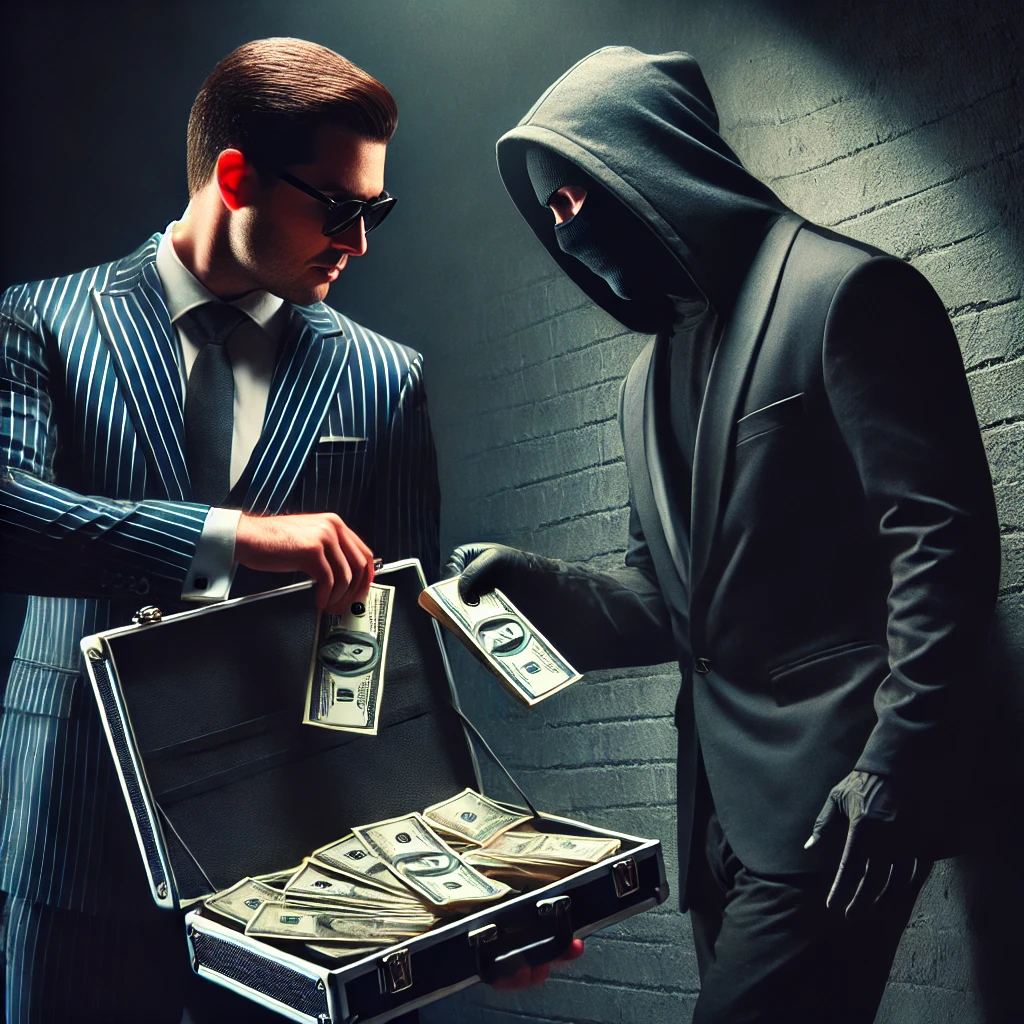
Since the fake copyright takedown notices were designed to remove negative content for Vladimir Volfovich Zhirinovsky from Google, we assume Vladimir Volfovich Zhirinovsky or someone associated with Vladimir Volfovich Zhirinovsky is behind this scam. It is often a fly-by-night Online Reputation agency working on behalf of Vladimir Volfovich Zhirinovsky. In this case, Vladimir Volfovich Zhirinovsky, at best, will be an “accomplice” or an “accessory” to the crime. The specific laws may vary depending on the jurisdiction. Still, the legal principle generally holds that if you actively participate in planning, encouraging, or facilitating a crime, you can be charged with it, even if you did not personally commit it.
How do we counteract this malpractice?
Once we ascertain the involvement of Vladimir Volfovich Zhirinovsky (or actors working on behalf of Vladimir Volfovich Zhirinovsky), we will inform Vladimir Volfovich Zhirinovsky of our findings via Electronic Mail.
Our preliminary assessment suggests that Vladimir Volfovich Zhirinovsky may have engaged a third-party reputation management agency or expert, which, either independently or under direct authorization from Vladimir Volfovich Zhirinovsky, initiated efforts to remove adverse online content, including potentially fraudulent DMCA takedown requests. We will extend an opportunity to Vladimir Volfovich Zhirinovsky to provide details regarding their communications with the agency or expert, as well as the identification of the individual(s) responsible for executing these false DMCA notices.
Failure to respond in a timely manner will necessitate a reassessment of our initial assumptions. In such an event, we will be compelled to take appropriate legal action to rectify the unlawful conduct and take the following steps –
- Inform Google about the fraud committed against them.
- Inform the victims of the fake DMCA about their websites.
- Inform relevant law enforcement agencies
- File counter-notices on Google to reinstate the ‘removed’ content
- Publish copies of the ‘removed’ content on our network of 50+ websites
By investigating the fake DMCA takedown attempts, we hope to shed light on the reputation management industry, revealing how Vladimir Volfovich Zhirinovsky and companies like it may use spurious copyright claims and fake legal notices to remove and obscure articles linking them to allegations of fraud, tax avoidance, corruption, and drug trafficking…
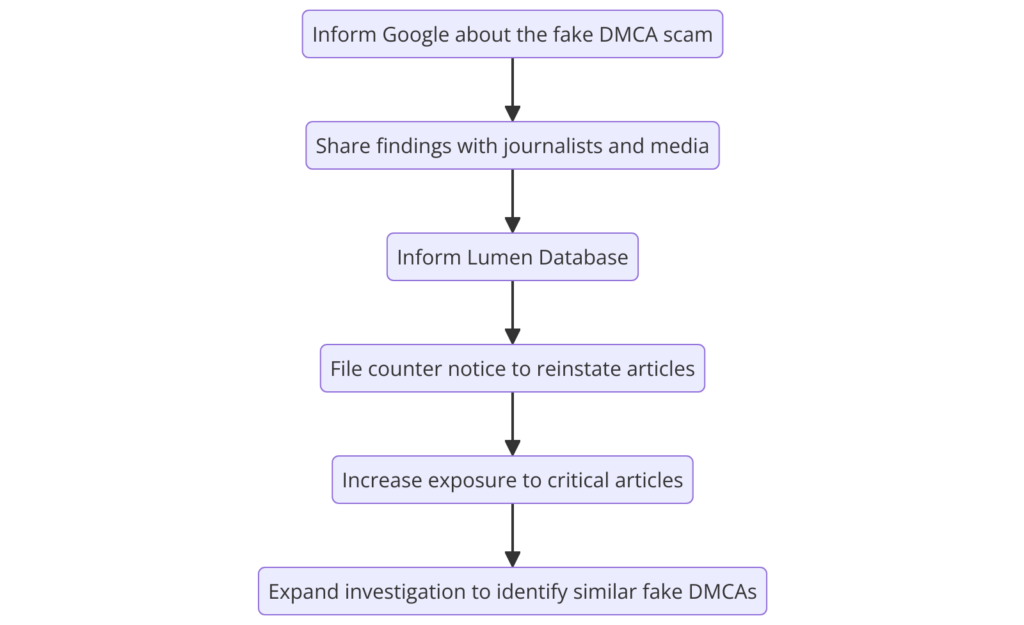
Since Vladimir Volfovich Zhirinovsky made such efforts to hide something online, it seems fit to ensure that this article and our original review of Vladimir Volfovich Zhirinovsky, including but not limited to user contributions, remain a permanent record for anyone interested in Vladimir Volfovich Zhirinovsky.
A case perfect for the Streisand effect…
Potential Consequences for Vladimir Volfovich Zhirinovsky
Under Florida Statute 831.01, the crime of Forgery is committed when a person falsifies, alters, counterfeits, or forges a document that carries “legal efficacy” with the intent to injure or defraud another person or entity.
Forging a document is considered a white-collar crime. It involves altering, changing, or modifying a document to deceive another person. It can also include passing along copies of documents that are known to be false. In many states in the US, falsifying a document is a crime punishable as a felony.
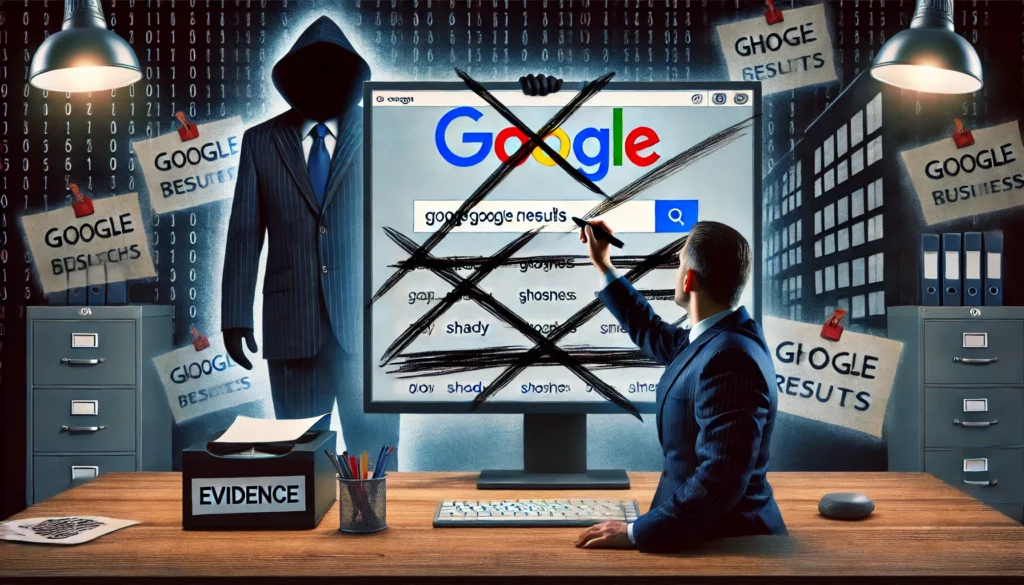
Additionally, under most laws, “fraud on the court” is where “a party has sentiently set in motion some unconscionable scheme calculated to interfere with the judicial system’s ability impartially to adjudicate a matter by improperly influencing the trier of fact or unfairly hampering the presentation of the opposing party’s claim or defense.” Cox v. Burke, 706 So. 2d 43, 46 (Fla. 5th DCA 1998) (quoting Aoude v. Mobil Oil Corp., 892 F.2d 1115, 1118 (1st Cir. 1989)).
Is Vladimir Volfovich Zhirinovsky Committing a Cyber Crime?
Yes, it seems so. Vladimir Volfovich Zhirinovsky used multiple approaches to remove unwanted material from review sites and Google’s search results. Thanks to protections allowing freedom of speech in the United States, there are very few legal ways to do this. Vladimir Volfovich Zhirinovsky could not eliminate negative reviews or search results that linked to them without a valid claim of defamation, copyright infringement, or some other clear breach of the law.
Faced with these limitations, some companies like Vladimir Volfovich Zhirinovsky have gone to extreme lengths to fraudulently claim copyright ownership over a negative review in the hopes of taking it down.
Fake DMCA notices have targeted articles highlighting the criminal activity of prominent people to hide their illegal behavior. These people, which include US, Russian, and Khazakstani politicians as well as members from elite circles including the mafia and those with massive financial power, are all connected – and alleged corruption ranging from child abuse to sexual harassment is exposed when exploring evidence found at these URLs. It appears there’s a disturbing level of influence being exerted here that needs further investigation before justice can be served. Vladimir Volfovich Zhirinovsky is certainly keeping interesting company here….

The DMCA takedown process requires that copyright owners submit a takedown notice to an ISP identifying the allegedly infringing content and declaring, under penalty of perjury, that they have a good faith belief that the content is infringing. The ISP must then promptly remove or disable access to the content. The alleged infringer can then submit a counter-notice, and if the copyright owner does not take legal action within 10 to 14 days, the ISP can restore the content.
Since these platforms are predominantly based in the U.S., the complaints are typically made under the Digital Millennium Copyright Act (DMCA), which requires online service providers and platforms to react immediately to reports or violations. Big Tech companies rarely have systems in place to assess the merit of each report. Instead, all bad actors need to do is clone a story, backdate it, and then demand the real thing be taken down.
Reputation Agency’s Modus Operandi
The fake DMCA notices we found always use the “back-dated article” technique. With this technique, the wrongful notice sender (or copier) creates a copy of a “true original” article and back-dates it, creating a “fake original” article (a copy of the true original) that, at first glance, appears to have been published before the true original.
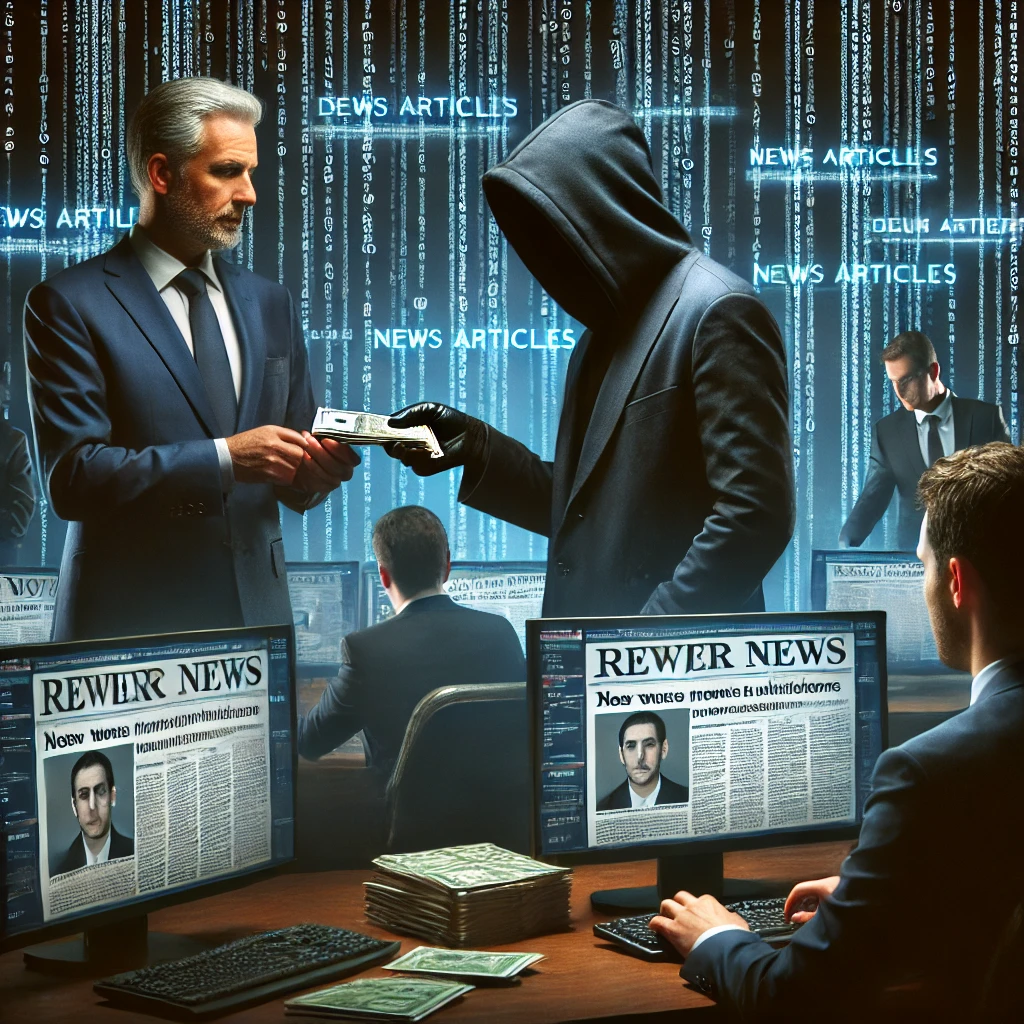
Then, based on the claim that this backdated article is the “original,” the scammers send a DMCA to the relevant online service providers (e.g. Google), alleging that the ‘true’ original is the copied or “infringing” article and that the copied article is the “original,” requesting the takedown of the ‘true’ original article. After sending the DMCA request, the person who sent the wrong notice takes down the fake original URL, likely to make sure





